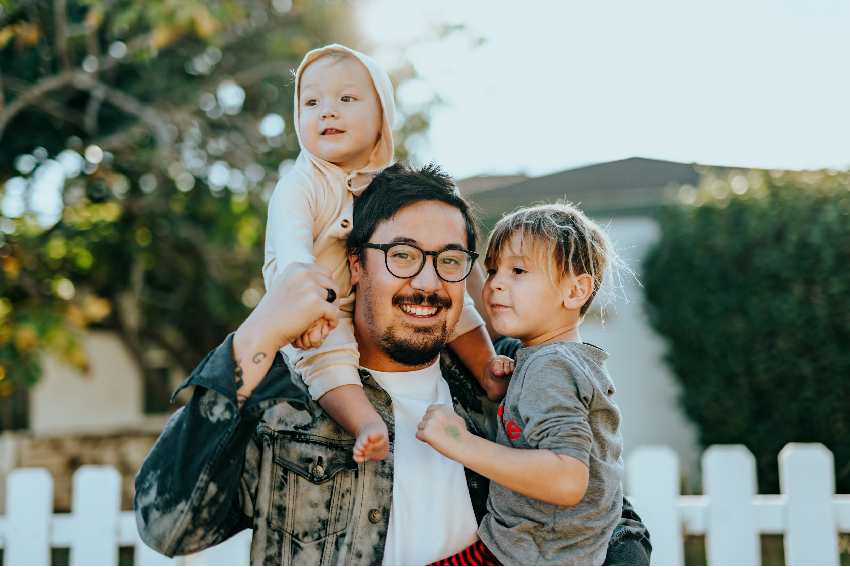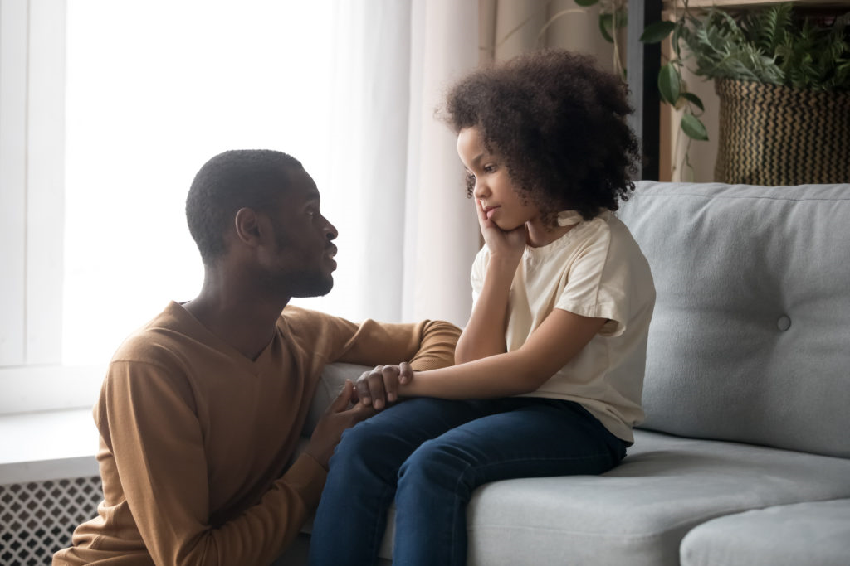
05 Sep How to take care of your children’s mental health
Following the closure of schools and nurseries in some countries and the lack of contact of children with their friends and members of the extended family. The adversities of the crisis that produced COVID-19 can clearly have an impact on children’s mental health. Your children, whether they are big or small. For this reason, we are going to present you with a series of health and well-being activities for children. That will help you alleviate the current situation.
According to UNESCO, schools have been closed in more than 190 countries around the world. And as a consequence, more than 90% of the enrolled child and youth population is not receiving formal education. UNESCO Director-General Audrey Azoulay warned that “the magnitude and global speed of current educational disruption are unprecedented.”
A survey conducted by the Hok Yau Club student guidance group in Hong Kong indicates that more than 20% of the students surveyed indicated that their stress level reached the maximum score of 10, on a scale of 10.
“Emotional well-being in children is a matter of concern for parents around the world,” says Gemma, a British mother of two living in Hong Kong, who said she is concerned about the consequences this situation will have on her children. “My oldest son is five years old and had an active social life. We are not used to living indoors, without childcare, and with few opportunities for him to play with his friends. I am very worried because he misses his friends from him and is deprived of social contact.
Talking is Essential

The way we talk to them about COVID-19 is the first step to helping them feel good. Be safe, and take care of children’s mental health. Nursing consultants Harriet Finlayson and Danielle Panton say it’s vital for parents to sit down and talk with their children about the current situation, not forgetting the amount of information that children of different ages are capable of absorbing and the type of content your children see or hear in the news.
“It is important to give them accurate information about the consequences that the situation has on them and to tell them that, as a family, they can clarify any misunderstandings or concerns they may have. It may be easier to talk while they are doing an activity such as painting or cooking dinner, so that they do not feel pressure”, clarify the experts.
Other children may also be concerned about the effect this uncertainty will have on their future. Even if you don’t have the answers at hand, it’s important to start a dialogue with them about their feelings so that they feel your support.
follow a Routine
All over the world, children have had their routines disrupted. But according to psychiatrist Chi-Hung Au, parents need to create new ones in order to reduce anxiety and stress. Finlayson and Panton agree: “Make plans with your children and offer them options when possible. By having clear plans, your kids will know what they need to do each day and over time they will stay focused and motivated.”
For teens and older kids, it helps manage homework expectations and get them involved in chores around the house.
Stay in Social Contact
Children need their friends as much as adults. In a study conducted with 100 children, aged between 10 and 12 years, it was concluded that those who had friends to talk to during an unpleasant experience, reflected low levels of cortisol, a hormone linked to stress. Based on this, those who are not going to school or daycare, or do not receive visits from relatives or attend birthday parties, face the difficulty of lack of social contact.
Let your children know that you miss your friends and family too, so they know that it’s normal to have these feelings and that they’re not the only ones.
Keep in touch with friends and family through written messages, phone calls, or video calls. In this way, they will feel connected to others outside the family nucleus, while allowing older children some privacy and a space of their own to catch up with their friends.
Get Moving
Physical activity has been shown to help maintain children’s mental health. In 2013, a study published in the Journal of Clinical Endocrinology & Metabolism concluded that active children had a lower increase in cortisol levels than inactive children when exposed to stressful situations.
On the other hand, a 2018 study published in the journal Psychology Research and Behavior Management observed children between the ages of eight and nine who had anxiety, concluding that, with the practice of yoga and mindfulness techniques, they improved their emotional state.
Exercise increases the production of endorphins that counteract the stress response, which can impair the immune system. There are a wide variety of home exercise options online that don’t require a lot of space like dancing at home and if you can exercise daily, like going for a walk or run during off-peak hours or try participating in fitness classes. yoga.
Find Time to Play
Play is an important learning tool and means of expression for children, and it is more important now than ever. Dr. Jacqueline Harding, is an international expert in neuropsychology and child development. Recently reviewed more than 100 different academic studies and concluded that playing with children can reduce stress, improve the immune system, and increase levels of oxytocin, also called the growth hormone. “happiness” in the brain. This study notes that doctors found a similarity between the effects of “laughter therapy” and the effects of moderate exercise.
Play is also recommended as a self-soothing mechanism during times of anxiety, and even a box full of a child’s favorite toys can provide support and help calm them down.
Children can also play with breathing exercises, which relax the nervous system, using a straw. Take a deep breath in and then blow out to make a bubble. Observe when the bubble bursts and disappears and relaxes. Repeat the exercise until you feel calm.
Keep Calm
The World Health Organization indicates that to help children. Adults must first take care of children’s mental health and stress levels. During this crisis, one of the most important steps to take is for parents to be kind to themselves. Remember that you are doing the best you can, given the circumstances, and it is important to take care of yourself.
We hope that these tips or activities for children’s mental health and emotional well-being will help your family cope better on a day-to-day basis.
Resources For Bupa Global Latin America Clients
At Bupa Global Latin America, the well-being of our community in these difficult adverse events is a priority. That is why we offer our Information Center on COVID-19. A useful information space with tips on how to feel good and healthy. How to maintain a healthy mind, complete guidance on prevention, articles on Covid-19, latest developments, among others. Likewise, our social network channels offer varied information in which our clients can find preventive and well-being recommendations.
You may like to read Caring mental health of children during the pandemic

No Comments